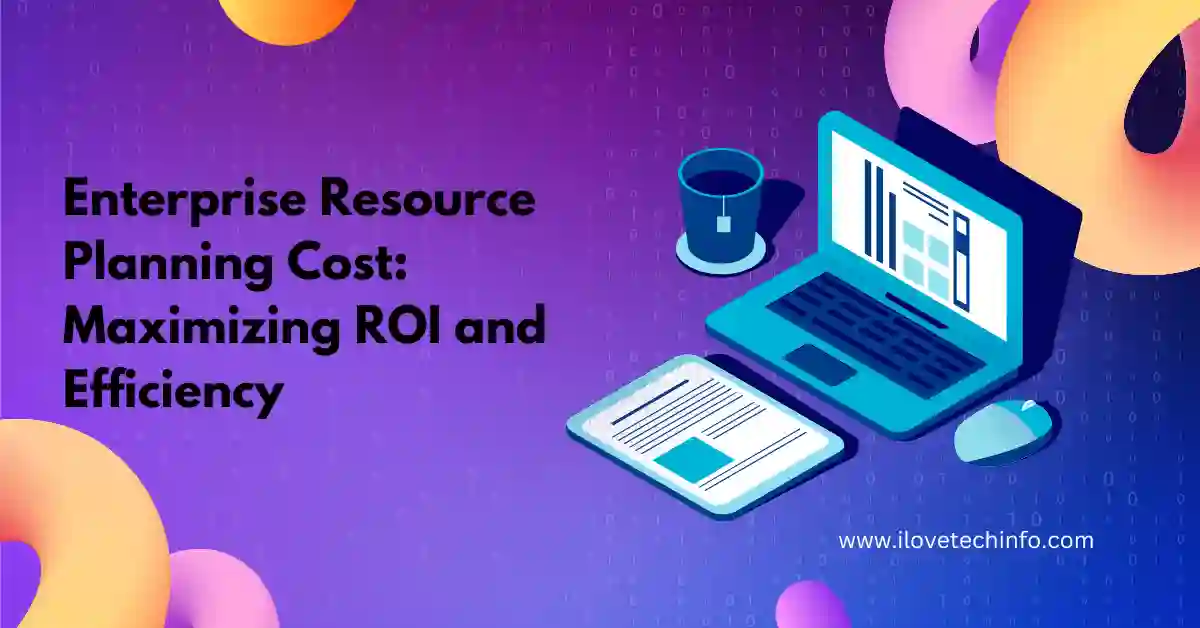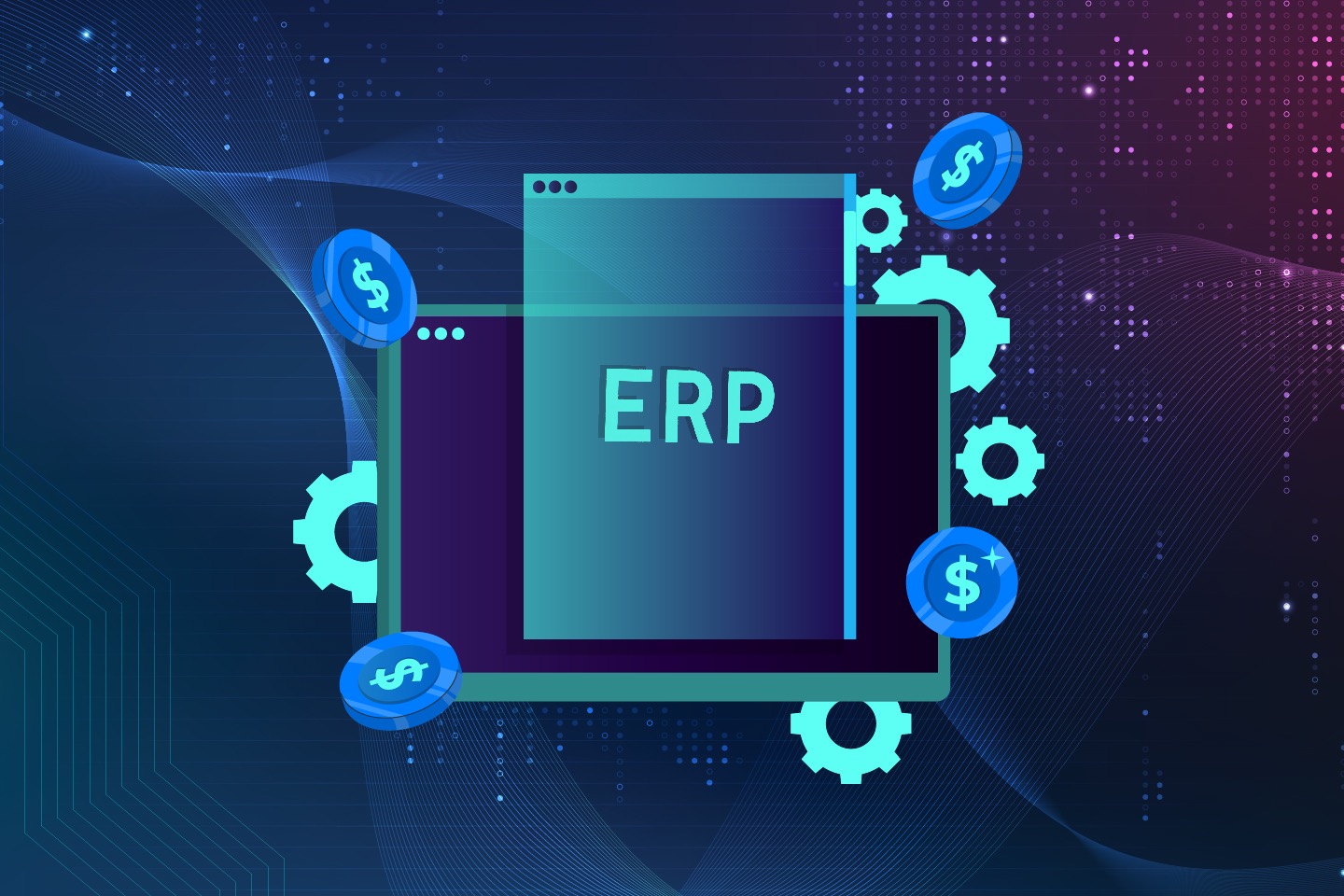Enterprise Resource Planning (ERP) systems help businesses manage various processes. These processes include finance, human resources, supply chain, and more. But, how much does an ERP system cost?
Understanding ERP Costs
ERP costs can vary greatly. The total cost depends on many factors. Let’s explore these factors in detail.
Factors Affecting Erp Costs
Several factors influence the cost of an ERP system. Here are the main ones:
- Software Costs
- Implementation Costs
- Customization Costs
- Training Costs
- Maintenance Costs
Software Costs
The software cost is the price you pay to buy the ERP system. This cost can be a one-time fee or a subscription fee. Subscription fees are usually paid monthly or yearly.
Implementation Costs
Implementation costs cover the setup and installation of the ERP system. This process includes data migration, configuration, and testing. Implementation can take several months to complete.
Customization Costs
Every business is unique. Customization allows the ERP system to meet specific needs. Customization can be expensive. The more customization you need, the higher the cost.
Training Costs
Employees need to learn how to use the new ERP system. Training costs cover the time and resources needed for this. Training can include classes, workshops, or online courses.
Maintenance Costs
Maintenance costs include updates, support, and troubleshooting. These costs ensure the ERP system runs smoothly. Maintenance is usually an ongoing expense.
Types of ERP Systems and Their Costs
There are different types of ERP systems. Each type has its own cost structure. Here are the main types:
- On-Premise ERP
- Cloud-Based ERP
- Hybrid ERP
On-premise Erp
On-premise ERP systems are installed on your company’s servers. You have full control over the system. However, on-premise ERP systems have higher upfront costs. These costs include hardware, software, and implementation.
Cloud-based Erp
Cloud-based ERP systems are hosted on the vendor’s servers. You access the system through the internet. Cloud-based ERP systems have lower upfront costs. They usually have a subscription-based pricing model.
Hybrid Erp
Hybrid ERP systems combine on-premise and cloud-based features. This option offers flexibility. The costs for hybrid ERP systems can vary. It depends on the specific combination of features you choose.
Calculating Total ERP Costs
To calculate the total ERP cost, you need to consider all the factors. Here is a simple formula to help you:
| Cost Component | Example Cost |
|---|---|
| Software Cost | $50,000 |
| Implementation Cost | $30,000 |
| Customization Cost | $20,000 |
| Training Cost | $10,000 |
| Maintenance Cost (Yearly) | $5,000 |
Total Cost = Software Cost + Implementation Cost + Customization Cost + Training Cost + (Maintenance Cost Number of Years)
Using the example costs, the total cost for one year would be:
Total Cost = $50,000 + $30,000 + $20,000 + $10,000 + ($5,000 1) = $115,000
Remember, these are example costs. Your actual costs may vary.
Budgeting for ERP Costs
Proper budgeting is crucial for ERP projects. Here are some tips to help you budget effectively:
- Identify Your Needs: List the features you need. This will help you choose the right ERP system.
- Get Quotes: Contact multiple vendors for quotes. This will help you compare prices.
- Plan for Extra Costs: Include a buffer in your budget. This will cover unexpected expenses.
- Consider Total Cost of Ownership (TCO): Think about long-term costs. This includes maintenance and upgrades.

Credit: medium.com


